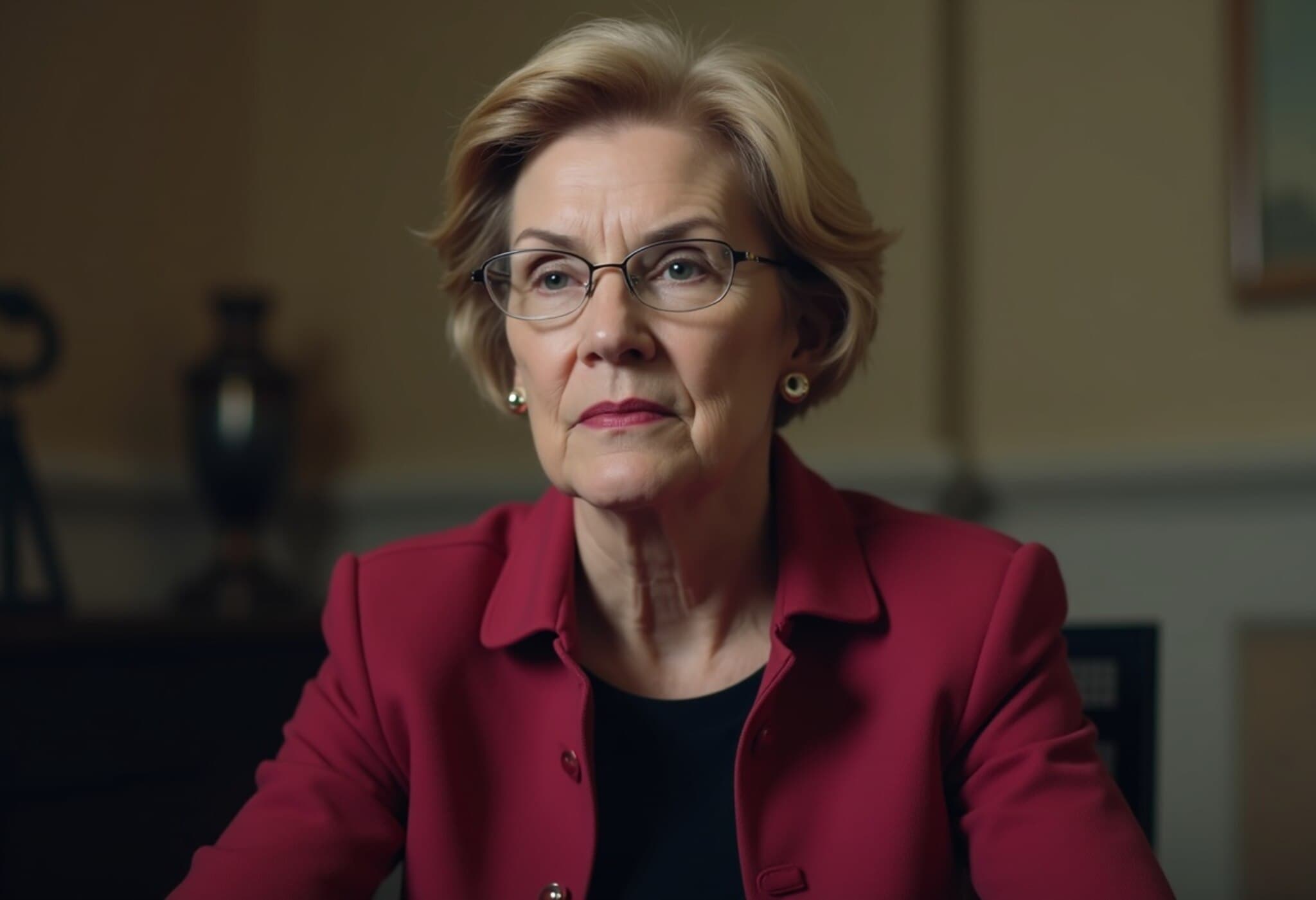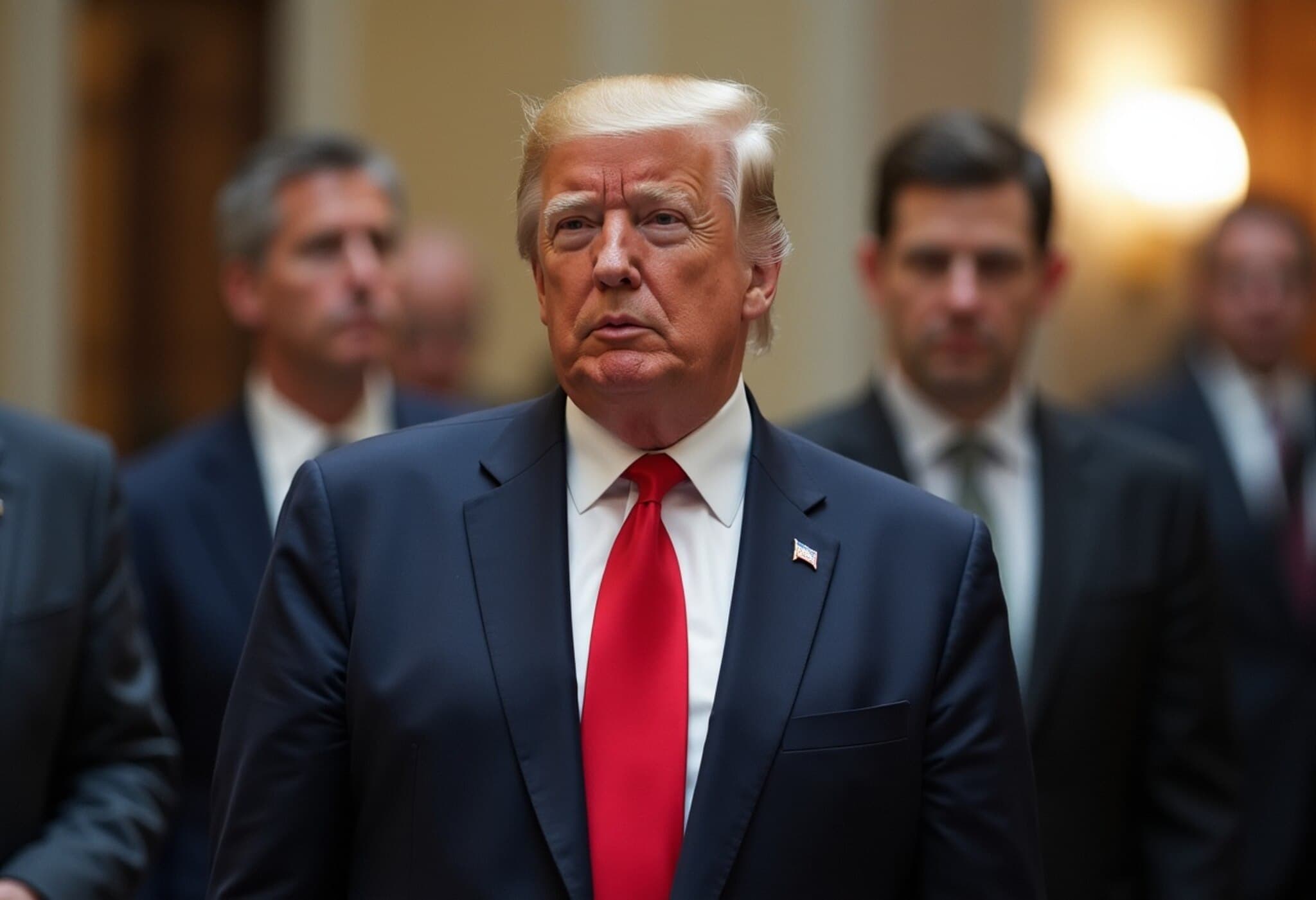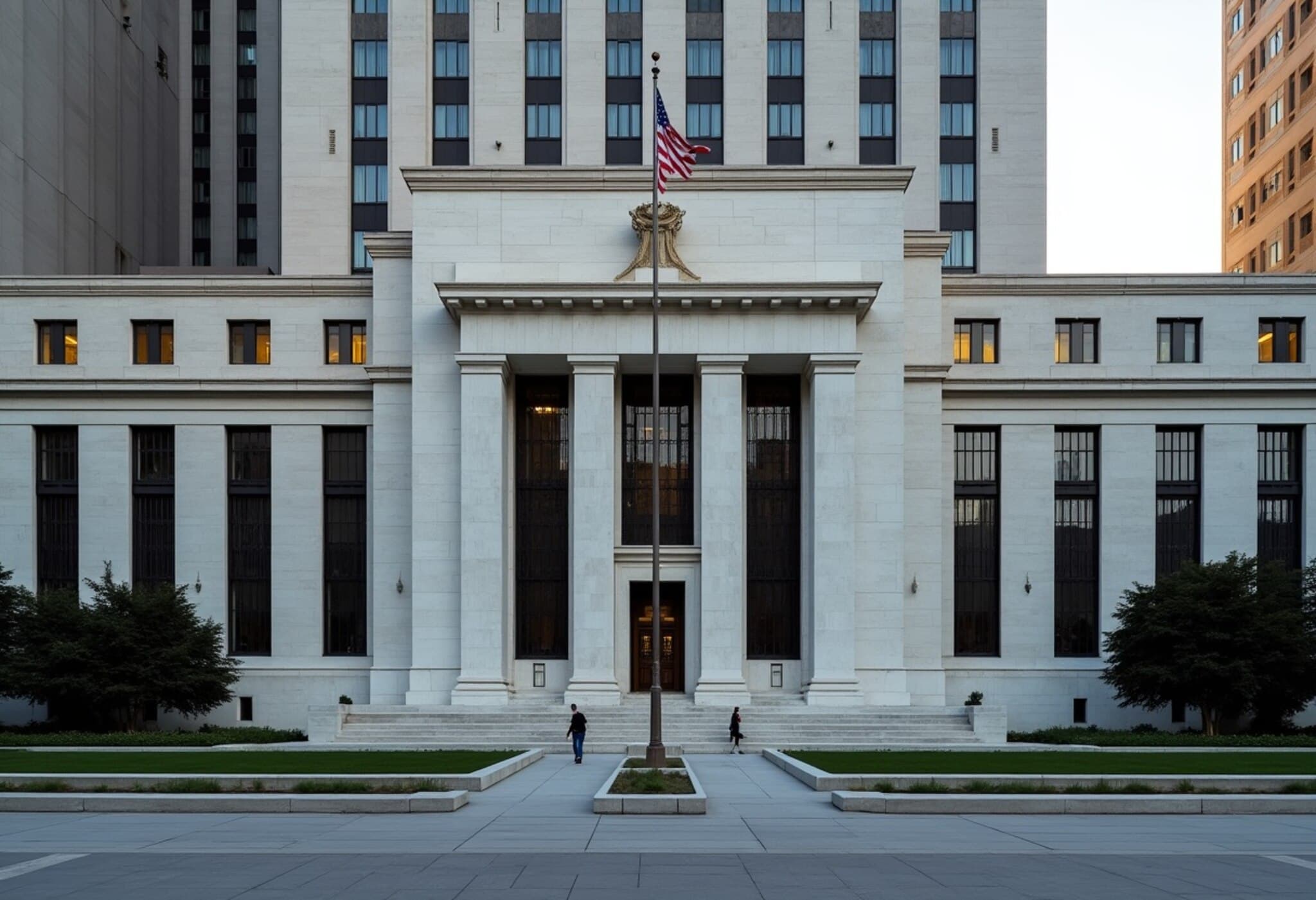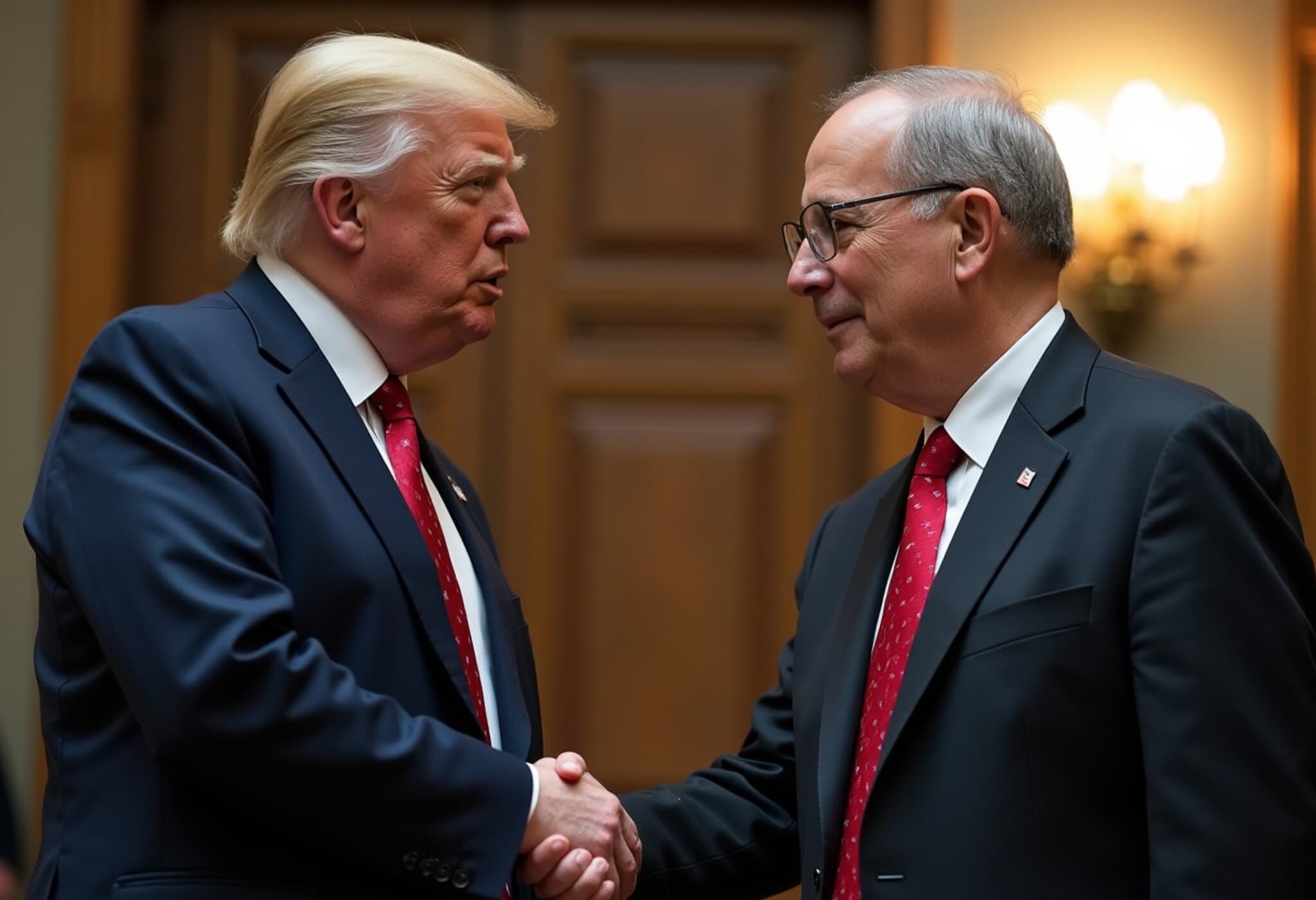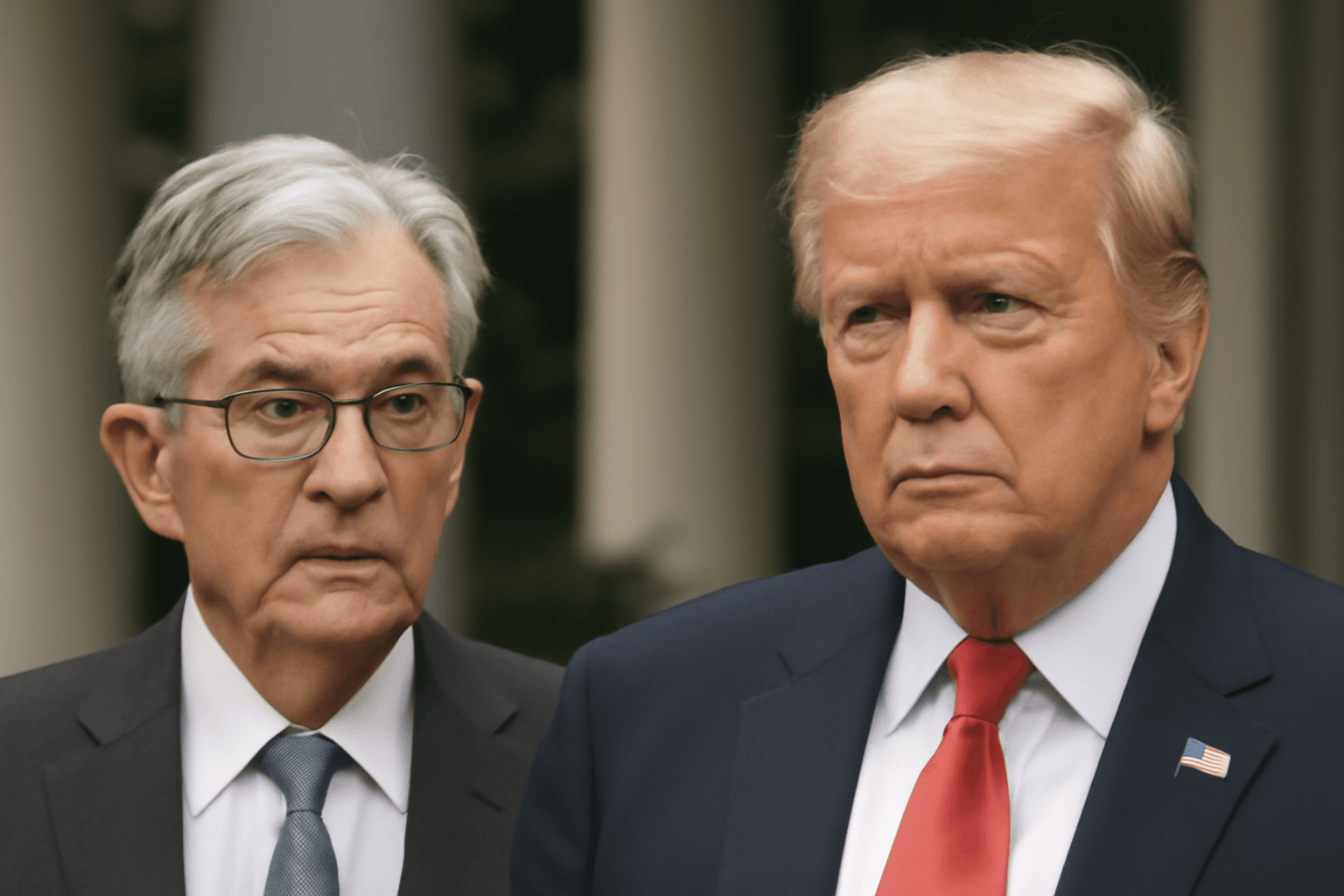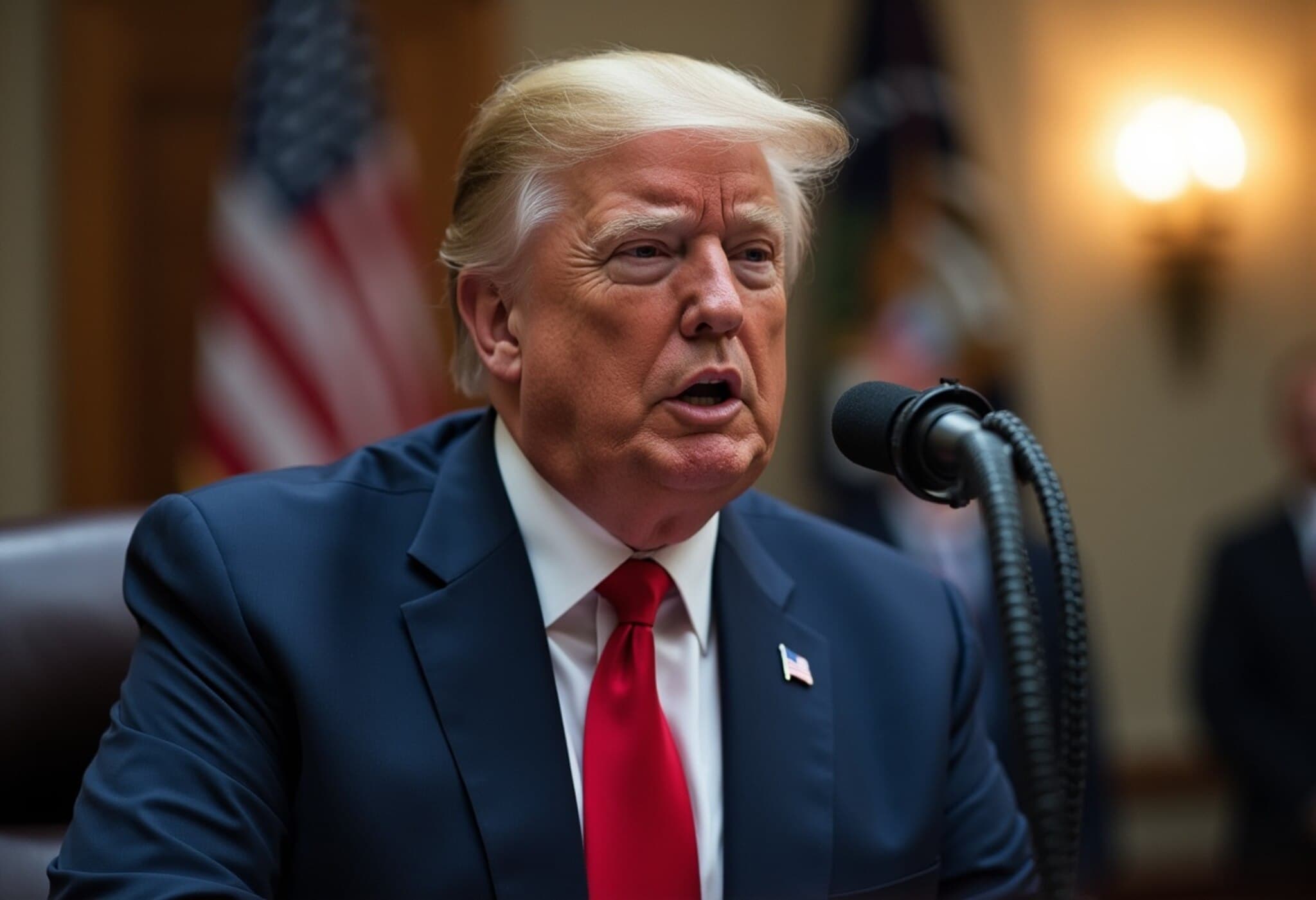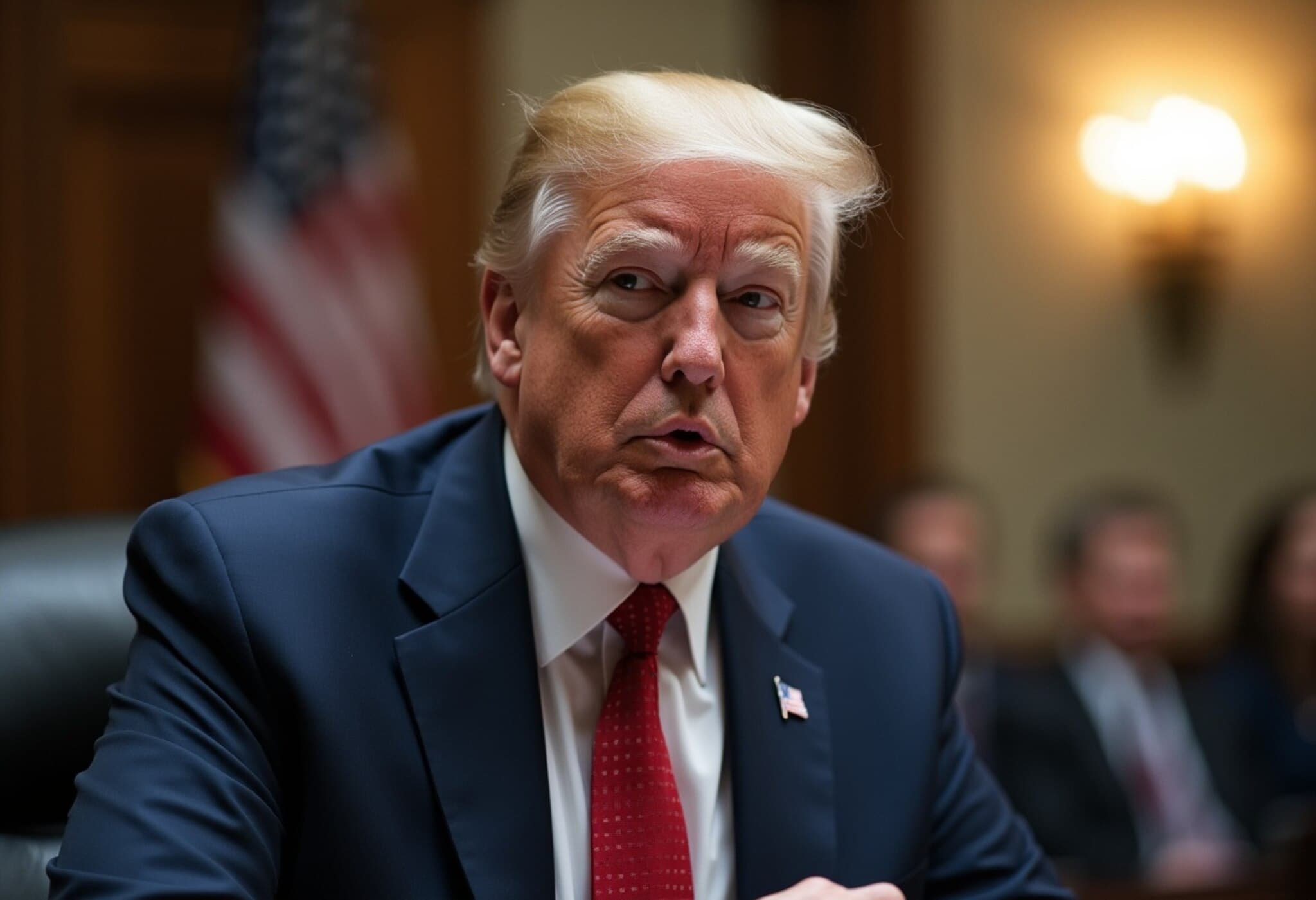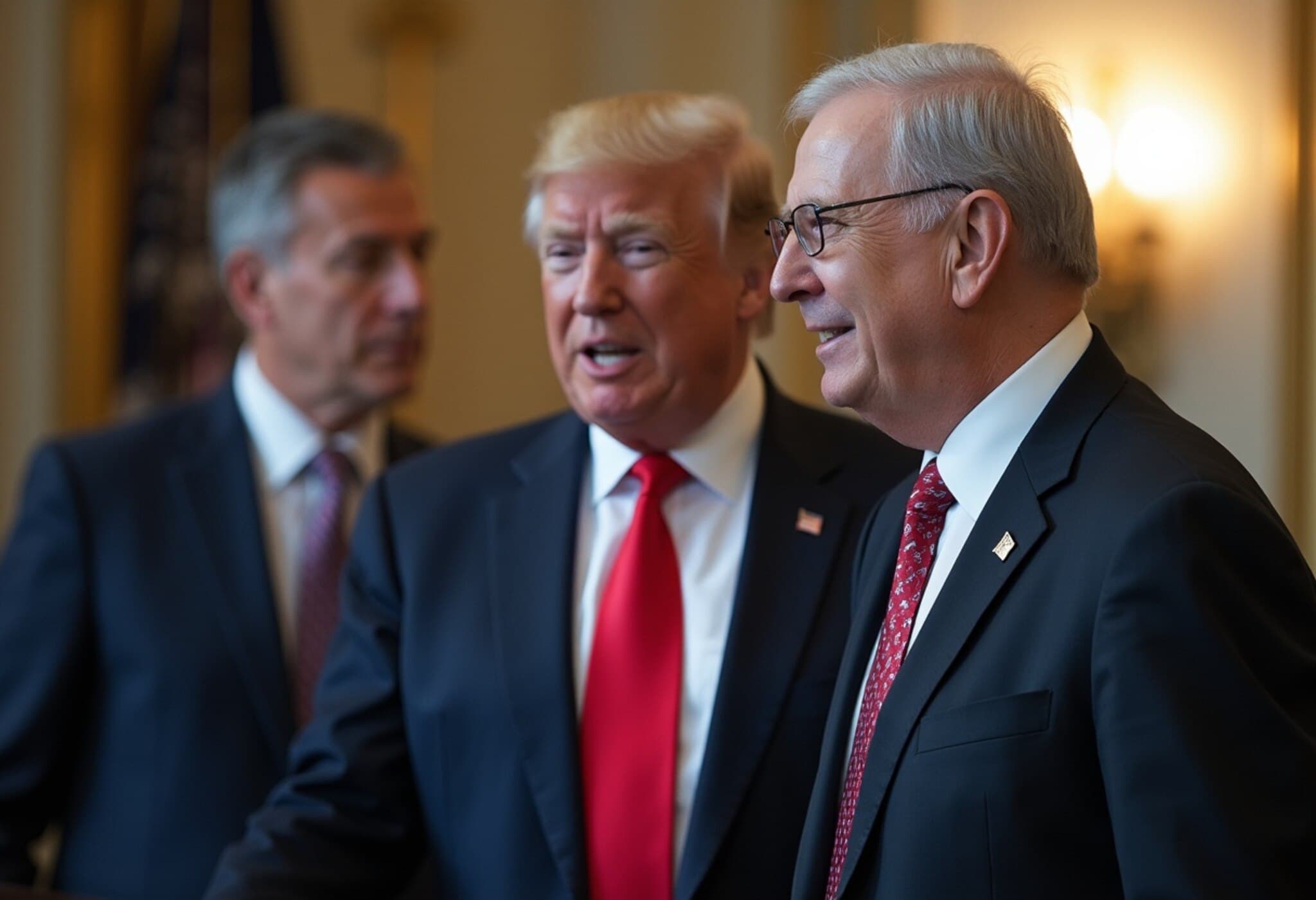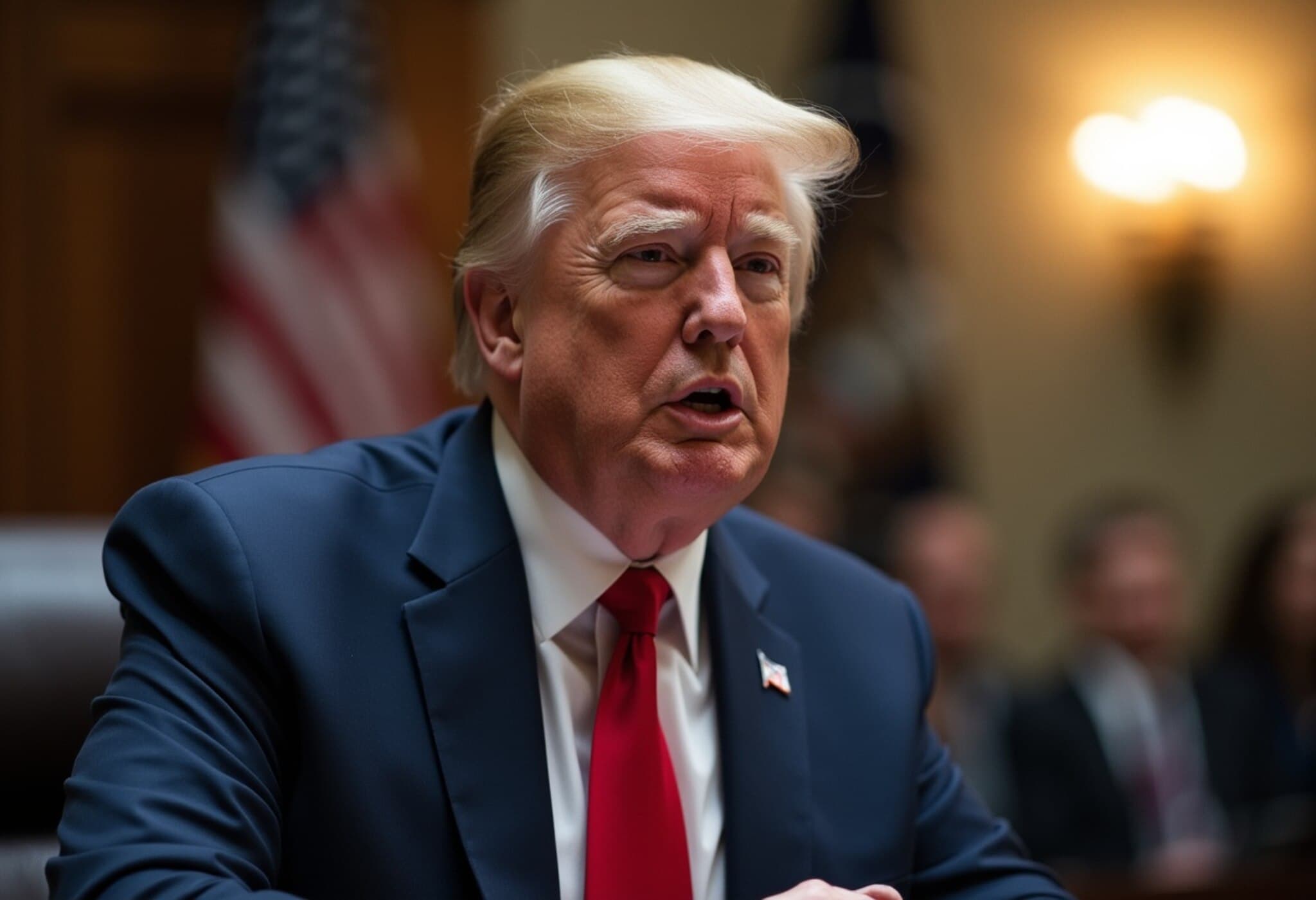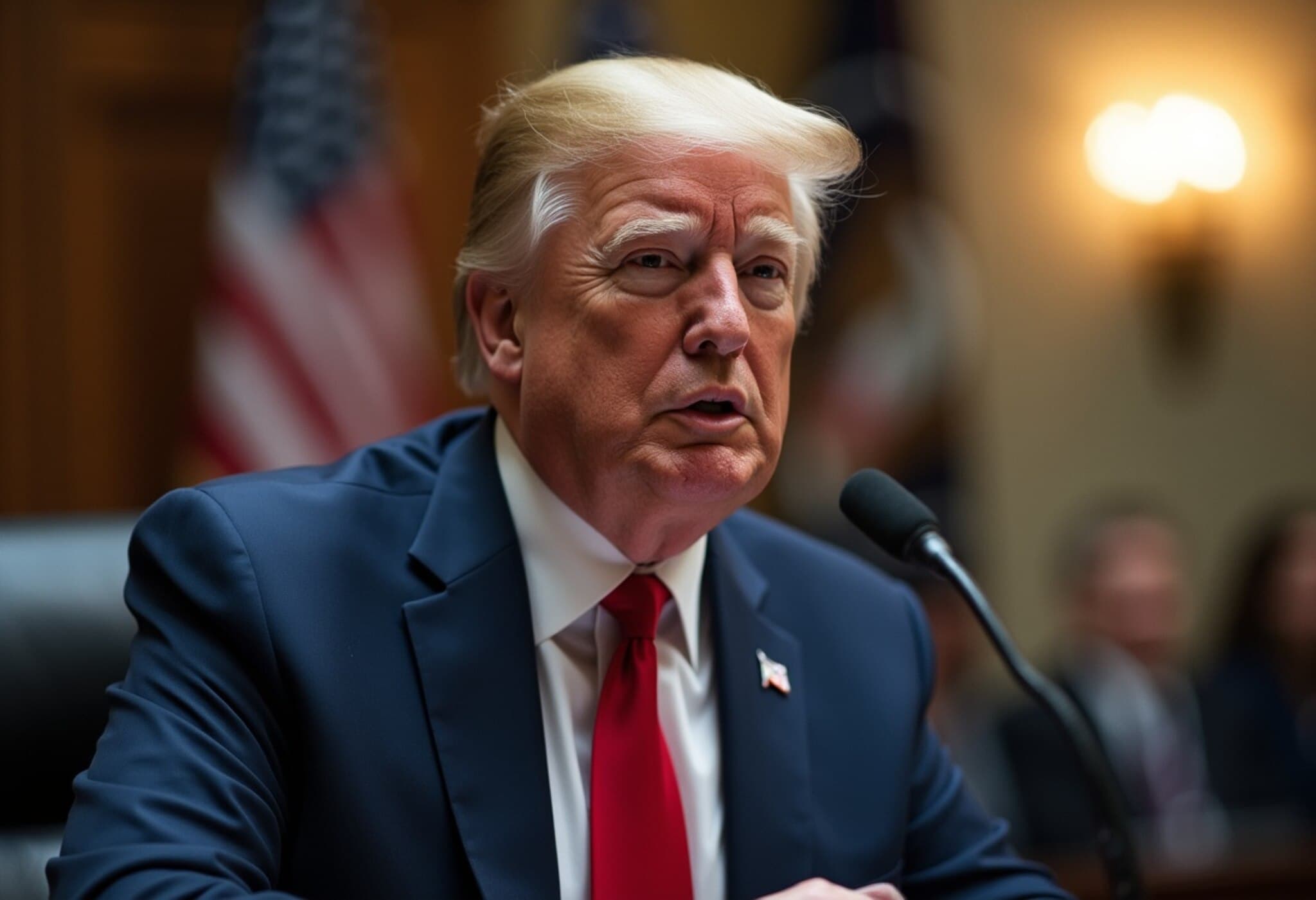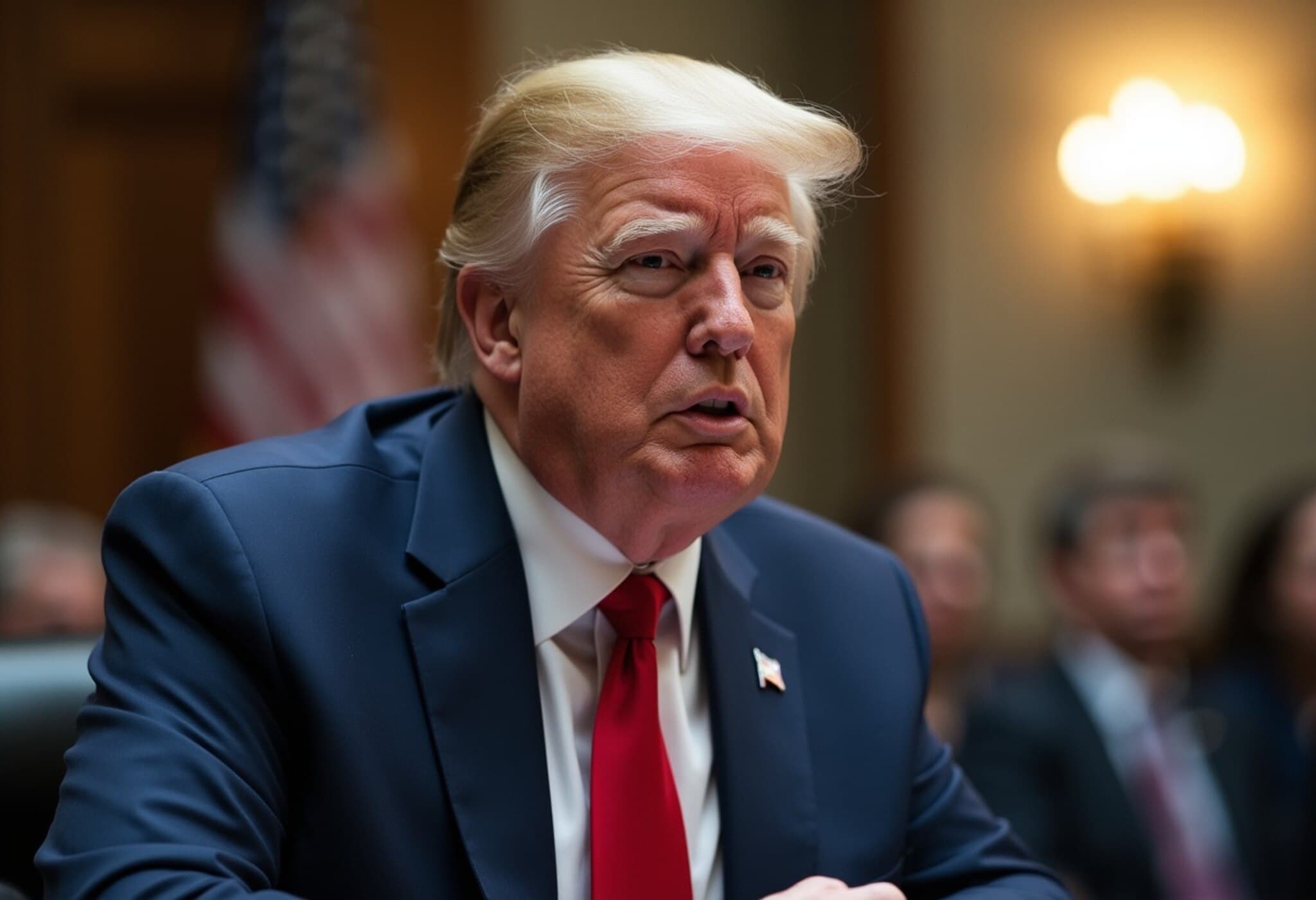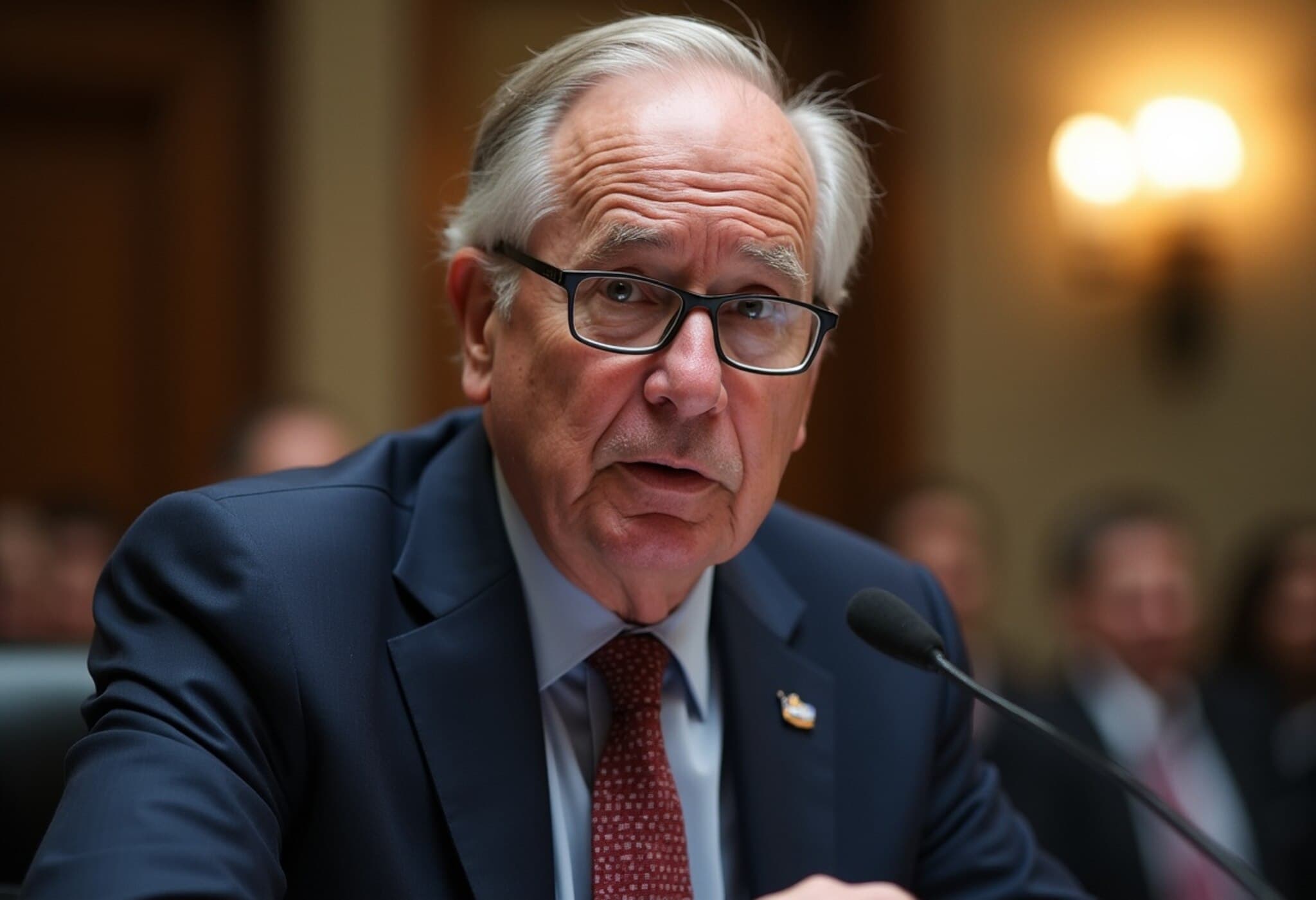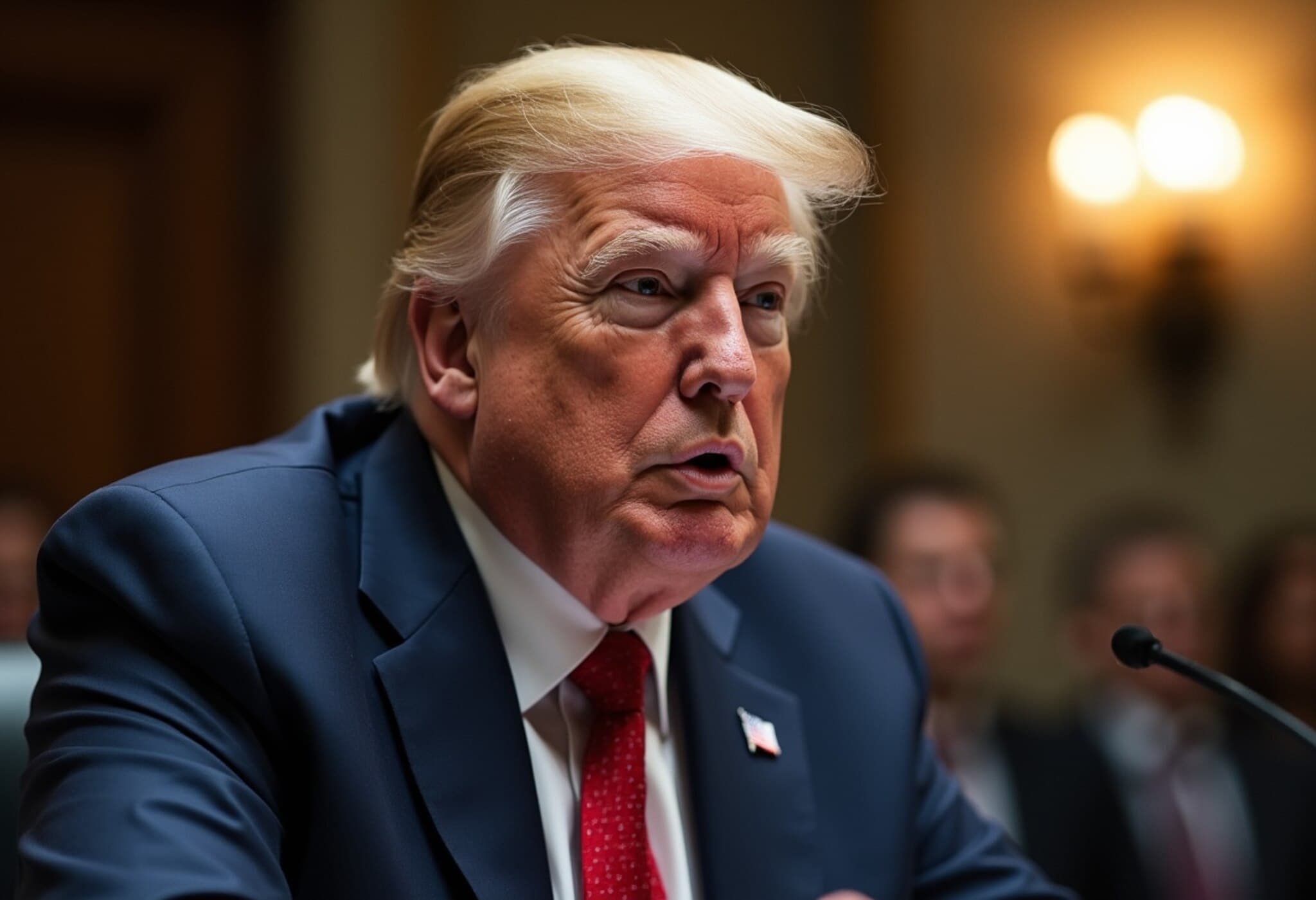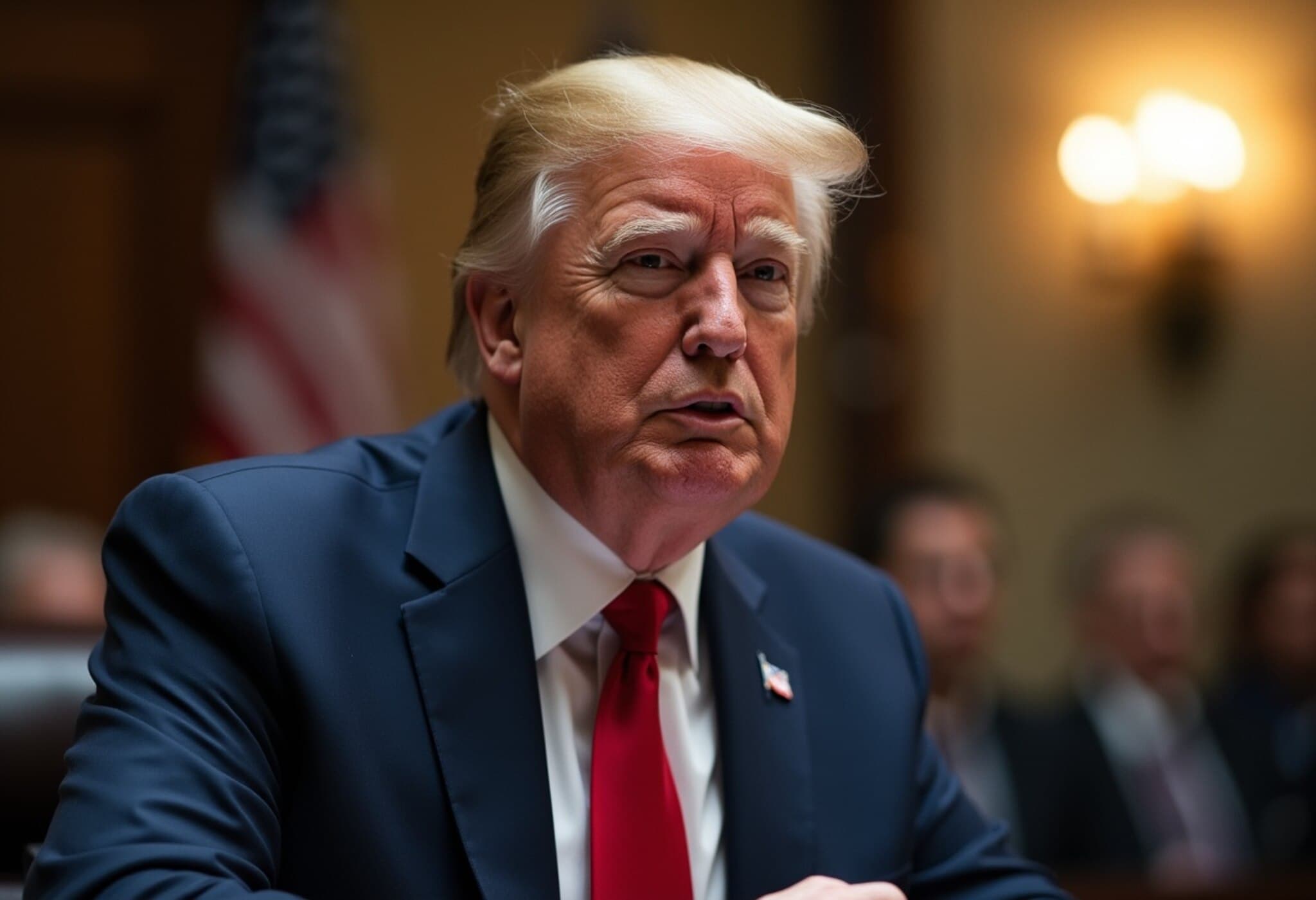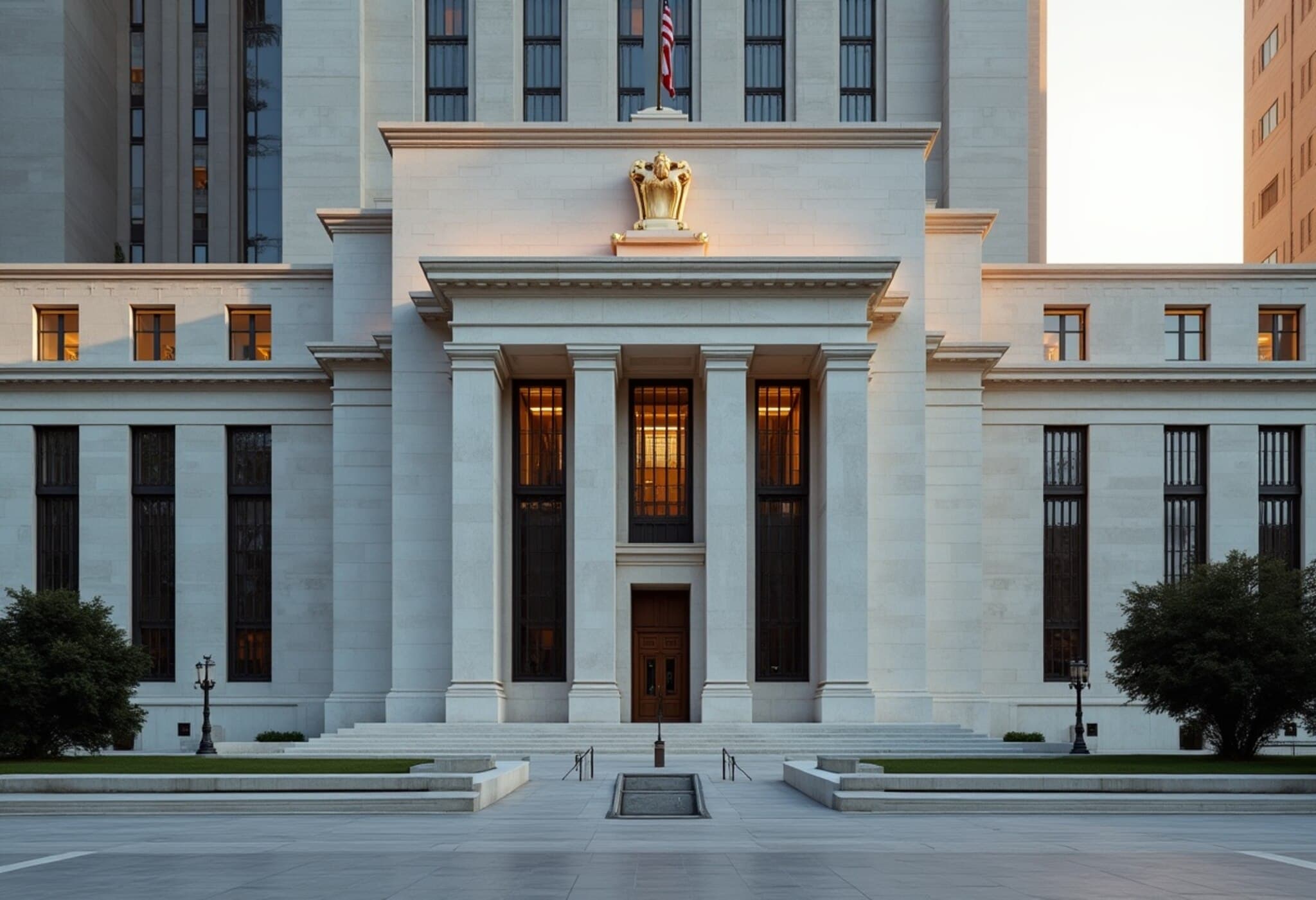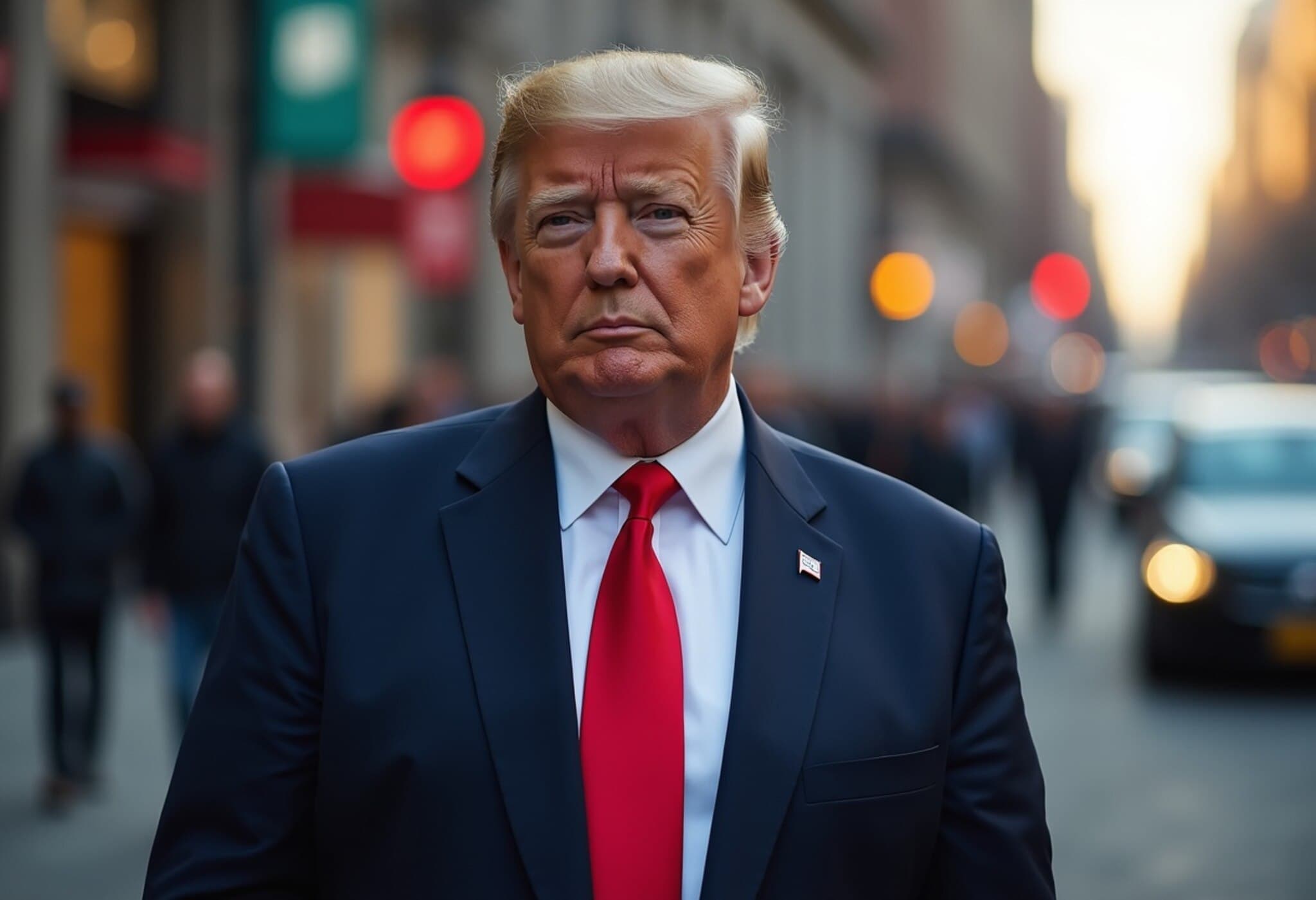Senator Elizabeth Warren Raises Alarm Over Potential Firing of Fed Chair Jerome Powell
Senator Elizabeth Warren (D-Massachusetts), the top Democrat on the Senate Banking Committee, issued a stark warning on July 17, 2025, cautioning that the U.S. financial markets could experience a severe crash if President Donald Trump moves forward with firing Federal Reserve Chairman Jerome Powell. Her comments come amid mounting tensions as President Trump has publicly criticized Powell's monetary policies and left open the possibility of his removal.
Fed Independence: A Pillar of Market Stability
Warren underscored that the Federal Reserve’s independence from political pressures is a foundational element that sustains confidence in both American and global markets. "The independence of the Fed sends a crucial signal that monetary policy decisions are grounded in economic data, not political whims," Warren said during an interview on CNBC.
She acknowledged disagreements with Powell's decisions but emphasized that preserving the autonomy of the central bank is paramount for long-term economic stability. This autonomy ensures that decisions such as interest rate adjustments—which significantly impact inflation, jobs, and growth—are made based on expert economic analysis rather than political expediency.
Trump’s Escalating Pressure and Market Concerns
President Trump has publicly criticized Powell for resisting his calls to aggressively cut interest rates—a move Trump believes would energize the economy ahead of the 2024 election cycle. Despite rumors from a senior White House official suggesting Trump was considering firing Powell after a private meeting with House Republicans, the president later tempered expectations, saying, "We’re not planning on doing it," though he didn’t fully rule out the possibility.
Financial markets initially dipped on reports of a potential firing but recovered after Trump's denial. Still, the market’s reaction highlights the sensitivity investors have toward any perceived political interference in the Fed's operations.
Legal and Economic Implications of Firing the Fed Chair
Powell’s appointment, made by Trump in 2017, was notable at the time, but Powell has maintained he cannot legally be fired before his term ends in May 2026, except under extraordinary circumstances such as fraud or neglect of duty. This legal framework protects the Fed Chair from abrupt political changes, aiming to preserve market confidence.
Economists warn that removing Powell could destabilize not only domestic bond markets but also the U.S. dollar’s value globally, given the Fed’s critical role in managing monetary policy amid complex global economic challenges, including inflationary pressures and trade uncertainties.
Expert Insight: Navigating Political Pressures without Jeopardizing Economic Stability
From a policy perspective, Warren’s warning highlights the broader risk of undermining institutional checks and balances. Federal Reserve independence has been a cornerstone of U.S. economic reputation for decades, providing investors and international partners with reassurance that monetary policy decisions are insulated from short-term political agendas.
Market psychologist and economics expert Dr. Linda Garcia notes, "Political interference in central banking risks shaking the very confidence that markets need to function healthily. It's like removing the referee mid-game—chaos and distrust quickly follow."
Looking Ahead: What This Means for Investors and Policymakers
- Investors: Should brace for increased volatility and uncertainty if the political rhetoric escalates.
- Policymakers: Need to carefully weigh the consequences of politicizing central bank leadership.
- General Public: Might experience knock-on effects through interest rate fluctuations, job market shifts, and inflation changes.
Ultimately, the delicate balance between elected leadership and independent institutions like the Fed remains a critical debate as the 2024 election cycle intensifies.
Editor’s Note
Senator Warren’s warning spotlights a fundamental question for American democracy and economic governance: How much political influence should be allowed over independent economic institutions? While President Trump’s frustration with the Fed’s cautious approach to rate cuts is understandable from a political vantage point, the risks of jeopardizing Federal Reserve independence are profound. As investors, policymakers, and citizens watch closely, the coming months will test the resilience of U.S. financial governance structures and their ability to withstand political pressures in an increasingly polarized environment.

